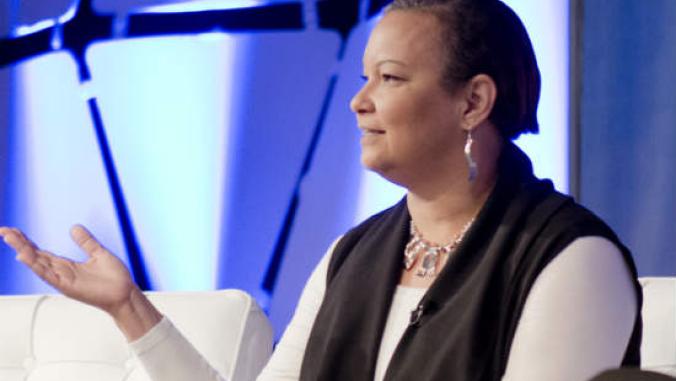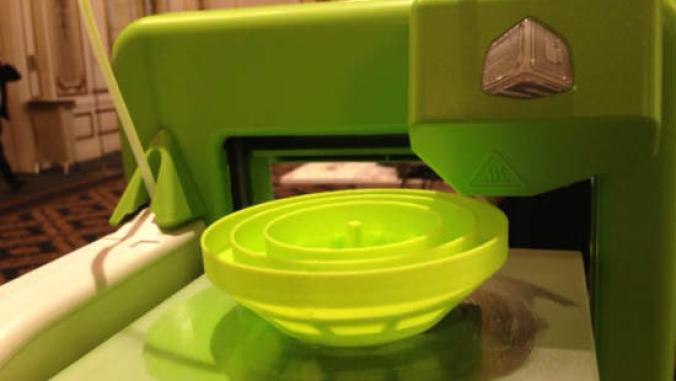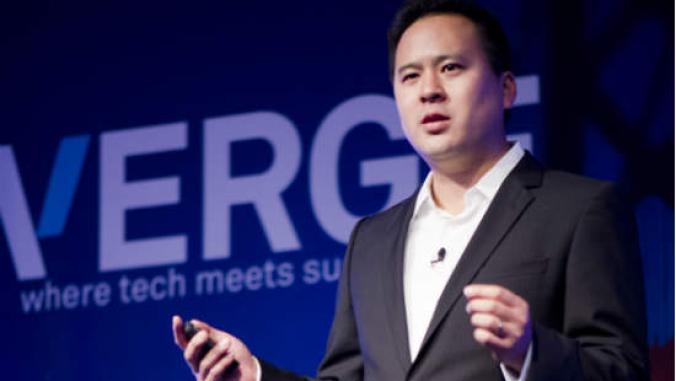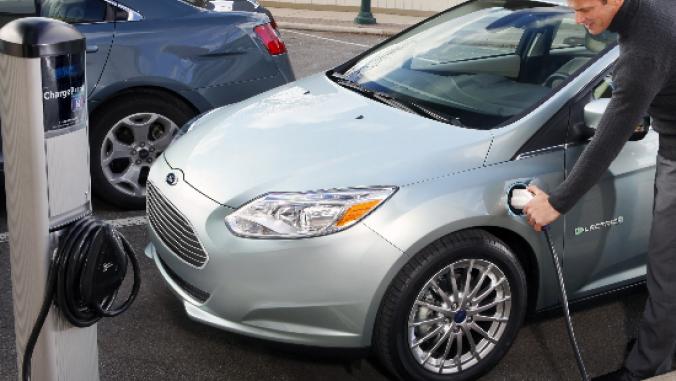How Construction Specialties took on the PVC industry - and won
<p>Despite opposition, CS found a healthy market demanding safer and transparent products.</p>

Construction Specialties was an early adopter in the building industry for removing PVC from products, but that also made it an early target for those that didn't want to see the PVC market share decrease. The course that the company took to avert its foes -- and emerge with a healthy business on the other side -- is a good example for early adopters to learn from.
In the late 2000s, the company received a letter from the Vinyl Institute that insisted Construction Specialties stop boasting that their interior wall coverings are PVC-free -- or the Institute would bring pressure, said Howard Williams, vice president and general manager of CS.
"It did cause us as a company to reflect, 'Are we taking the right road?'" said Williams. "It didn't take us long to reach our decision, and it didn't take our CEO long to decide we're doing the right thing and we're going to stay the course."
It's a path that has benefited CS, as it recently renewed a contract with Kaiser Permanente heavily based on the fact that they've both removed PVC from products as well as greatly disclosed the chemical and material makeup of its goods.
CS's efforts to clean up its products goes back to 1990, when a subsidiary of Union Pacific wanted to build a hazardous waste incinerator in Allenwood, Penn., just a short drive away from CS's offices in Muncy.
Williams said that CS was "modestly" involved in the ultimately successful opposition to the incinerator. The company realized, though, that by not being built in Allenwood, the plant would just end up in another community, which led CS staffers to think more about what hazardous waste they produce -- and the company even produced it at all.
"That was really an awakening for us," Williams said.
Photo of knights on chessboard provided by zirconicusso/Shutterstock
CS started working on what it could eliminate from its products, and in 2003 it received the Pennsylvania Governor's Award for Environmental Excellence partly for removing hazardous air pollutants and persistent organic pollutants from its manufacturing processes.
Around that time, healthcare giant Kaiser Permanente talked to CS about its own efforts to remove hazardous materials and PVC from its facilities and disposable equipment.
"We embraced that and took the next step," Williams said.
At first, the company created alternative products and sold PVC-free versions of wall coverings and wall protection products along with versions that still had PVC. But it soon took even more measures to clear their products altogether.
"After a time, we simply said, 'Enough. We're just going to go with material that is free of any PVC,'" Williams said.
While developing new materials, in 2007 CS started working with McDonough Braungart Design Chemistry, the company behind the Cradle to Cradle concept and certification.
Since then, CS has been in a state of "constant improvement," Williams said, with all of its wall covering products going from silver Cradle to Cradle certification to gold. And the company is on the path to removing PVC from all of its other interior products, such as flooring.
"We can't be double-minded on this issue," Williams said. "We can't have one product free of PVCs and one product line that isn't."
Also while working with Kaiser, CS joined up with the Business-NGO Working Group and got involved with discussions over transparency within the architectural community.
"We had Cradle to Cradle, the depth of that understanding, and that helped to make the transparency transition something very workable for us," Williams said. Cradle to Cradle certification includes a deep look into what chemicals and materials go into products, processes and the supply chain.
CS now publicly discloses on its website details of its products such as material composition, what hazardous chemicals have been removed and information about products that can contribute to LEED credits.
Around the same time that CS was talking to Kaiser about eliminating PVC, CS was a national provider for Kaiser at around the time when CS was hit with the letter from the Vinyl Institute.
"For a few years it was a challenge because we were very early in the industry in making these changes," Williams said, "And it was with a certain amount of trepidation that we stepped completely off that PVC platform."
But that step has panned out for CS, as Kaiser is not only is looking for safer products, but also demands transparency from its suppliers. "In order to sell to Kaiser there is a multi-page disclosure document that must be completed," Williams said.
Kaiser has since moved away from national contracts, but CS still has a "good share" of the healthcare provider's business, Williams said. And regardless of Kaiser's size as a customer, CS has found more and more of its clients expect or ask questions about the chemical makeup of products.
"There are a number of architects that specify us because of not only what we are, which is our products, but who we are, which is the ethos behind what we do what we do," Williams said.
And that ties into a lesson for CS in the early stages of its work on changing its products -- when on one side Kaiser was asking for PVC-free items, and on the other side industry groups insisted PVC was safe.
"Listen to your customers," Williams said. "That has been a very helpful part for us, reaching wherever it is where we've reached and will be what continues to pull us forward."





